If you’re familiar with cannabis, you may know of the two main cannabinoids found within the cannabis plant: CBD and THC. But if you don’t know much besides the names, you are not alone. Many people curious about cannabis wonder how CBD and THC differ.
While these cannabinoids have practically identical molecular structures, a slight variation in their arrangement causes the two to work differently within the body and produce different effects. Read on to learn more about each with The Brothers Apothecary!
What Is CBD?
Cannabidiol (CBD) is one of the over 100 phytocannabinoids found in the cannabis Sativa plant, and it is the most active compound in hemp.
Hemp is a classification of cannabis plant that has less THC than what’s commonly referred to as “marijuana”. More specifically, hemp only contains trace amounts of THC. As the most active ingredient in hemp, CBD is well known for its ability to offer health benefits and support the body in responding to stress, promoting relaxation, and easing tension and discomfort.
What Is THC?
THC, or delta-9-tetrahydrocannabinol, is another phytocannabinoid and is the main active ingredient in many strains of cannabis grown for recreational or medicinal marijuana users. Like CBD, THC can help provide several wellness benefits.
However, THC is considered an intoxicating, controlled substance and can have more of an impact on your mental state than low-THC hemp.
How Do They Differ?
While CBD and THC can work within the body’s endocannabinoid system (the ECS), they do so differently. Here’s how.
Psychoactivity
THC has psychoactive effects, meaning that it can temporarily alter your mental state after using it (producing a “high”). This high is thought to occur because of how THC works within the ECS.
THC behaves similarly to the naturally-produced endocannabinoid anandamide, also known as the “bliss molecule.” Studies suggest that THC binds directly with cannabinoid receptors found in the brain (cb1 receptors).
On the other hand, CBD has no psychoactive properties and cannot cause a high on its own. In fact, CBD balances out THC and can help reduce unwanted effects that stem from a THC-induced high, such as nervousness or paranoia.
CBD can also play an active role in the endocannabinoid system, but it likely doesn’t bind with CB1 or CB2 receptors the same way that THC can. Instead, researchers believe that CBD helps block enzymes from breaking down the endocannabinoids our body produces, thereby strengthening and prolonging their effects.
Side Effects
CBD is considered safe. The few minor and short-lived side effects associated with CBD typically only occur when taken in extremely high doses or due to interactions with other medications. These side effects include nausea, dizziness, changes in appetite, and fatigue.
While largely minor, THC is associated with more undesirable side effects, especially if taken in large doses. Side effects of THC can include:
- Dry or red eyes
- Fast heart rate
- Impaired coordination
- Nausea, diarrhea, or vomiting
- Stress and tension
- Mood changes
- Paranoia
Legality
Another main difference between THC and CBD has less to do with the cannabinoids themselves and more to do with how the law regards them.
The 2018 Farm Bill legalized CBD products derived from the hemp plant, meaning that they can contain no more than 0.3% THC content.
While 18 states have legalized the recreational use of cannabis so far, plants or products containing over 0.3% THC content are not currently legal at the federal level.
Is CBD or THC Better For Discomfort?
Both CBD and THC have been used to ease discomfort. Some studies suggest that CBD is best at soothing discomfort related to swelling, such as swollen joints or sore muscles.
The psychoactive effects of THC, on the other hand, can help support serotonin and dopamine levels in a way that can lower the perception of discomfort.
Ultimately, full-spectrum CBD is considered an ideal option to temporarily relieve short-term or chronic discomfort. The legal amount of THC found in full-spectrum CBD products can help produce the entourage effect, which occurs when multiple nourishing plant compounds work together to strengthen the effects.
And because CBD doesn’t cause psychoactive effects, even with the inclusion of up to 0.3% legal THC content, you can use CBD for discomfort at any time without it altering your mental state or interfering with any of your activities throughout the day.
What CBD Products Are Available?
If you are interested in using CBD to ease discomfort or promote relaxation, you have many options to choose from!
Consumable CBD Products
An easy way to enjoy the benefits of CBD is through consumable products such as gummies and capsules. Available in various flavors or simply tasteless, these edible options often include beneficial compounds from other plants to provide added effects, such as our Lemon Ginger Honey Drops or the nutrient-rich Wild Chaga CBD Capsules.
Consumables typically take between thirty minutes to an hour before kicking in, and you can feel the effects of CBD for two to eight hours. A typical dose of CBD is 10mg-100mg per day. It is best to start small and work your way up until you find an amount that feels right for you!
CBD Topicals: Lotions, Salves, Balms
CBD topicals are ideal for localized discomfort or irritation. You can apply these fast-acting forms of CBD directly to the skin. From there, the CBD can help hydrate dry skin and absorb through the skin to nearby CB receptors. Once massaged into the skin, topicals like the Pain Away Roller can start soothing swollen joints or sore muscles within minutes.
Another perk: because topical CBD doesn’t enter the bloodstream, you can reapply as needed throughout the day.
CBD Teas and Cocoas
One of our favorite ways to enjoy the benefits of CBD here at the apothecary is to drink them.
When sipping on a CBD-infused tea or Spiced Cacao, you can savor your favorite drinks and flavors while also experiencing the added benefits that CBD has to offer.
In CBD teas like the Coconut Genmai Cha, the cannabinoid pairs with other nourishing compounds found in various plants and herbs such as lemongrass, rose petals, or coconut. These combinations further support the mind and body while also creating beautiful aromas and flavors.
A caffeinated CBD tea can replace your morning coffee, and the CBD can even help balance out any potentially over-stimulating effects of the caffeine. In contrast, herbal CBD tea can help relax the body and calm the mind before bed.
CBD Bath Products
CBD may be the ingredient your skincare regimen has been missing.
Our skin cells contain numerous cb1 and cb2 receptors, allowing CBD to support skin health in several ways. CBD can help the skin retain moisture, while its antioxidants and naturally soothing properties can help reduce the visibility of scarring.
You can awaken your senses and set yourself up for success by starting your morning off with the Energizing CBD Sugar Scrub or treat yourself after a long day with the ultra-calming Slumbering CBD Bath Soak.
CBD Oil Rollers
CBD is paired with various essential oils to benefit your body and mind in the fun and easy-to-use CBD rollers.
Simply roll the CBD oil roller across your wrist for the aromatherapy to kick in. CBD Rollers can help promote focus when paired with bright tangerine and ginger, or restfulness alongside calming chamomile and lavender.
The Bottom Line
While it’s easy to lump CBD and THC together, the two work in different ways to achieve different effects within the endocannabinoid system. While both have their benefits, CBD is currently legal at the federal level and available in many enjoyable and accessible forms.
From isolated CBD to full-spectrum products, you can find a wide array of organic, sustainably sourced, and third-party-tested CBD products at The Brothers Apothecary!
Want to learn more about CBD with The Brothers Apothecary? Don’t forget to check out our blog!
Sources
Jesse Richardson is the co-founder of The Brothers Apothecary. He's an avid tea drinker and the primary creator behind The Brothers' products. An undergraduate of UCLA for Political Science, Jesse currently studies Medicinal Plants at Cornell University and The International School of Herbal Arts & Sciences.
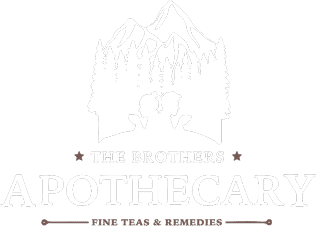


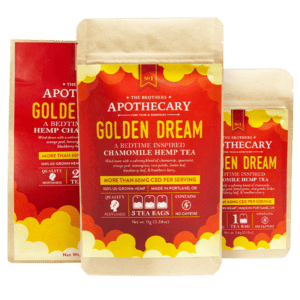
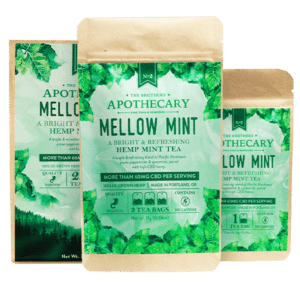
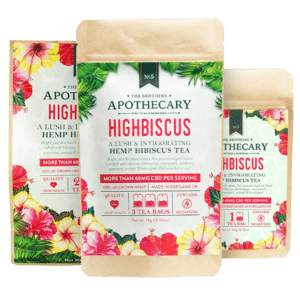
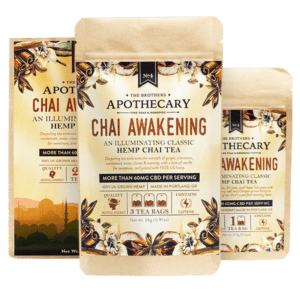

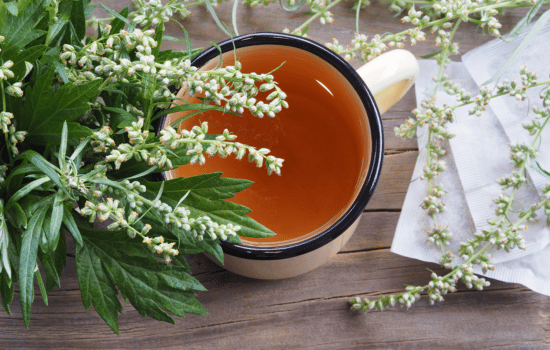
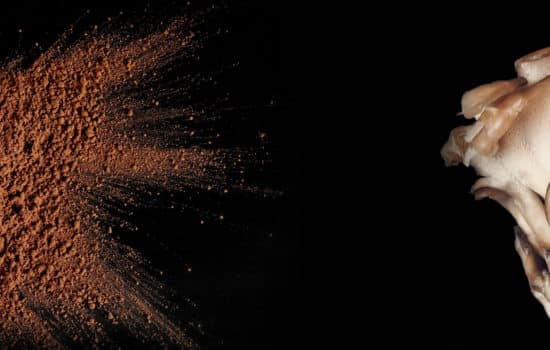
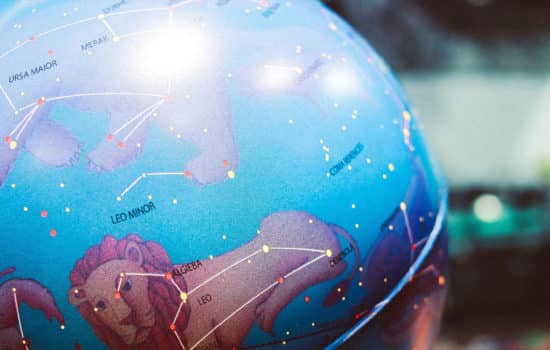
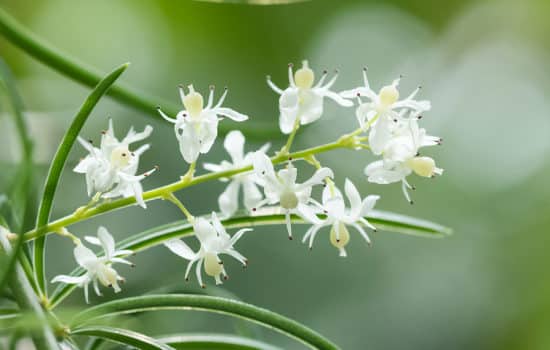
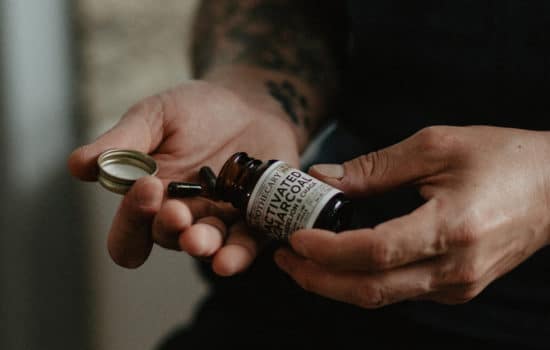
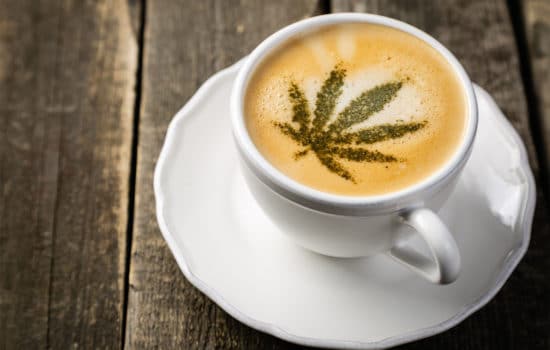





One thought on “CBD vs. THC: What’s the Difference?”